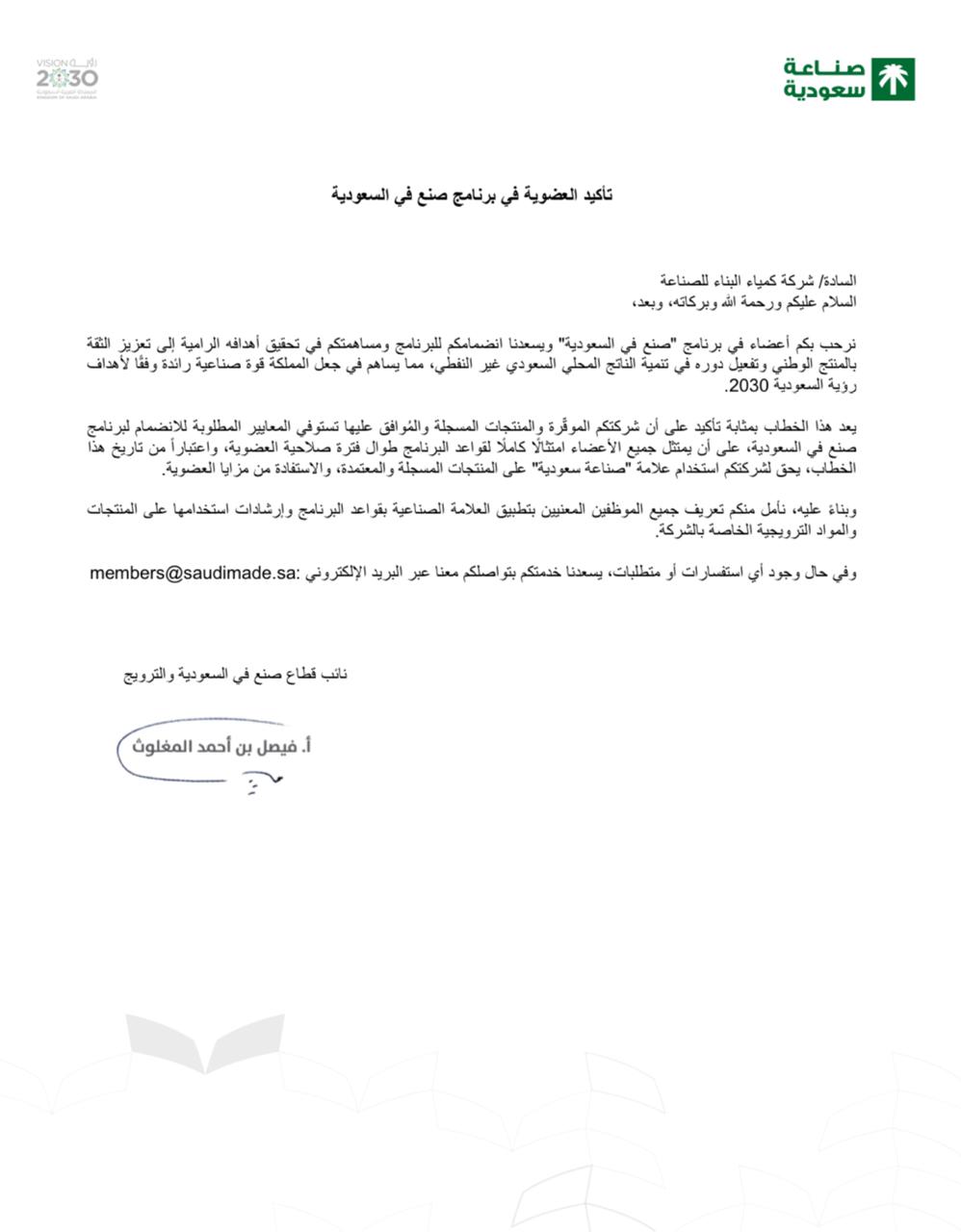
The development of a fire-resistant polyurea system
The development of a fire-resistant polyurea system by BCI Factory in Saudi Arabia represents a significant advancement in materials technology, particularly in the area of safety and construction materials. The product, named BC FR Polyol, has been engineered to resist fire and flame for up to two hours. This breakthrough has several important implications and applications in various industries. Let's explore some of these aspects:
Technical Advancements
1. *Polyurea Technology*: Polyurea is a type of elastomer that is derived from the reaction product of an isocyanate component and a synthetic resin blend component. Its rapid curing time, durability, and resistance to various environmental factors have made it a popular choice for a wide range of applications, including protective coatings and linings.
2. *Fire Resistance*: The ability of the BC FR Polyol system to resist fire and flame for up to two hours is a significant improvement over many existing materials. This has been achieved through chemical modifications to the polyurea system, incorporating fire-retardant chemicals that elevate the temperature threshold before ignition or degradation occurs.
3. *Environmental Impact*: BCI Factory's innovation likely also considered the environmental impact, aiming to create a product that is not only effective in its fire resistance but also minimizes the release of toxic fumes and chemicals in the event of a fire.
Applications
1. *Construction and Building Materials*: Buildings and structures coated or constructed with this fire-resistant polyurea can benefit from increased safety, potentially saving lives and minimizing property damage during fire incidents.
2. *Transportation*: Vehicles and transportation equipment, including trains, ships, and aircraft, could utilize BC FR Polyol to enhance fire safety, offering passengers and goods better protection from fire.
3. *Industrial Safety*: In industrial settings where fire risk is heightened due to materials or processes used, applying BC FR Polyol to machinery, storage units, and safety gear can provide an additional layer of protection.
Challenges and Considerations
1. *Cost*: Advanced materials like BC FR Polyol may come at a higher cost. Balancing cost with safety benefits will be a critical consideration for industries looking to adopt this technology.
2. *Regulation and Compliance*: Ensuring that the product meets international safety and environmental standards is crucial for widespread adoption, especially in industries heavily regulated like construction and transportation.
Conclusion:
The development of BC FR Polyol by BCI Factory in Saudi Arabia is a landmark achievement in the field of materials technology, with vast implications for safety and efficiency across multiple sectors. As this technology continues to be tested and adopted, it stands to significantly impact fire safety standards worldwide





